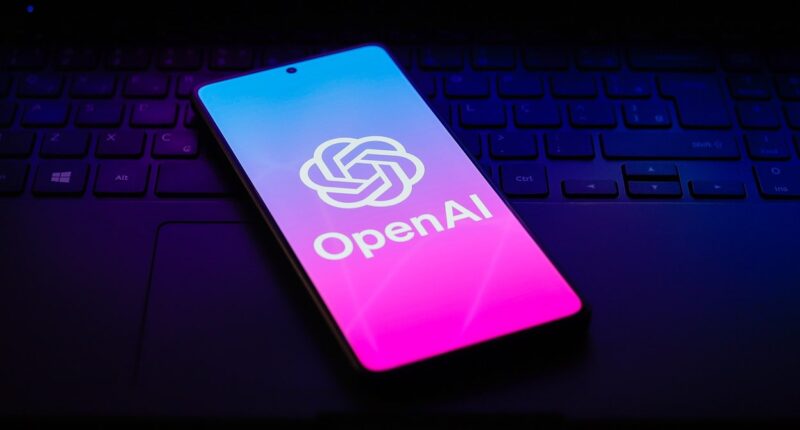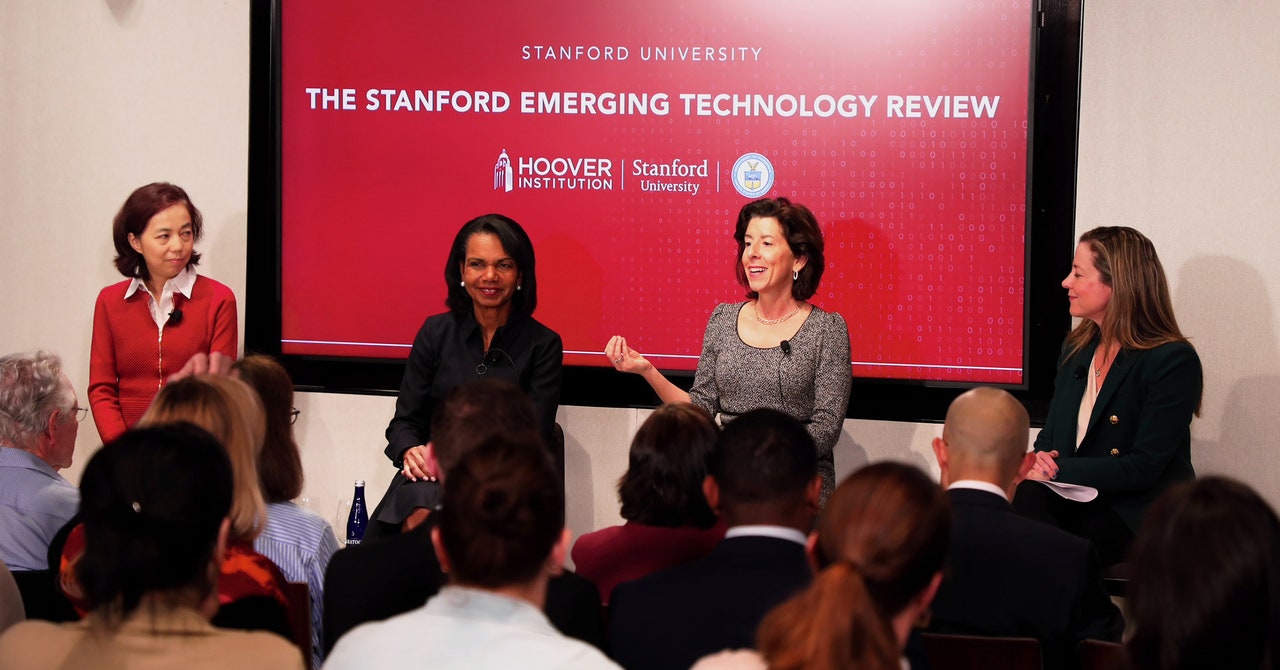OpenAI today announced a cut-price âminiâ model that it says will allow more companies and programs to tap into its artificial intelligence. The new model, called GPT-4o mini and available starting today, is 60 percent cheaper than OpenAIâs most inexpensive existing model while offering higher performance, the company says.
OpenAI characterizes the move as part of an effort to make AI âas broadly accessible as possible,â but it also reflects growing competition among AI cloud providers as well as rising interest in small and free open source AI models. Meta is expected to debut the largest version of its very capable free offering, Llama 3, next week.
âThe whole point of OpenAI is to build and distribute AI safely and make it broadly accessible,â Olivier Godement, a product manager at OpenAI responsible for the new model, tells WIRED. âMaking intelligence available at a lower cost is one of the most efficient ways for us to do that.â
Godement says the company developed a cheaper offering by improving the model architecture and refining the training data and the training regimen. GPT-4o mini outperforms other âsmallâ models on the market in several common benchmarks, OpenAI says.
OpenAI has gained a significant foothold in the cloud AI market thanks to the remarkable capabilities of its chatbot, ChatGPT, which debuted in late 2022. The company lets outsiders access the large language model that powers ChatGPT, called GPT-4o, for a fee. It also offers a less powerful model, called GPT-3.5 Turbo, for about a tenth of the cost of GPT-4o.
The interest in language models triggered by ChatGPTâs wild success has prompted competitors to develop similar offerings. Google, a pioneer in AI, has made a major push to build and commercialize a large language model and chatbot under the brand name Gemini. Startups such as Anthropic, Cohere, and AI21 have raised millions to develop and market their own large language models to business customers and developers.
Building the highest-performing large language models requires huge financial resources, but some companies have chosen to open source their creations in order to attract developers to their ecosystems. The most prominent open source AI model is Metaâs Llama; it can be downloaded and used for free, but its license imposes certain limits on commercial usage.
This April, Meta announced Llama 3, its most powerful free model. The company released a small version of the model with 8 billion parametersâa rough measure of a modelâs portability and complexityâas well as a more powerful, medium-size, 70-billion-parameter version. The medium-size model is close to OpenAIâs best offering on several benchmark scores.
Several sources confirmed to WIRED that Meta plans to release the largest version of Llama 3, with 400 billion parameters, on July 23, although they say the release date could change. It is unclear how capable this version of Llama 3 will be, but some companies have turned their attention toward open source AI models because they are cheaper and customizable, and offer greater control over a model and the data it is fed.
Godement concedes that customersâ needs are evolving. âWhat we see more and more from the market is developers and businesses combining small and large models to build the best product experience at the price and the latency that makes sense for them,â he says.
Godement says OpenAIâs cloud offerings provide customers with models that have gone through more security testing than competitorsâ. He adds that OpenAI could eventually develop models that customers can run on their own devices. âIf we see massive demand, we may open that door,â he says.









